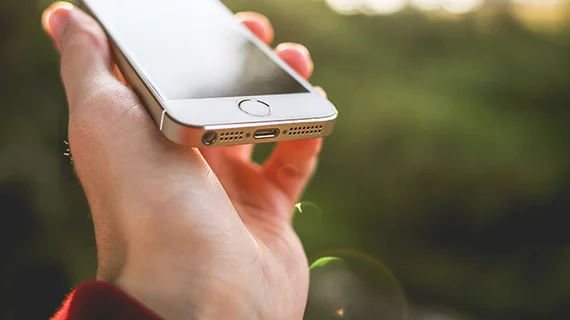Smartphone quickens detection of bacteria, viral infections
Researchers from Washington State University have developed a smartphone reader capable of quickening treatment by detecting viral and bacterial infections in rural communities. Finding were published in the July 2018 edition of Clinica Chimica Acta.
Receiving laboratory results from rural, underserved areas poses a challenge to clinicians when equipment is not always available. In this study, researchers examined the feasibility of using a low-cost portable laboratory on a phone to detect common viral and bacterial infections.
“Every year, millions of serology tests are performed in well-equipped central laboratories in the United States, especially for the infectious disease diagnosis in high burden areas,” wrote lead author Lei Li, assistant professor in the School of Mechanical and Materials Engineering. “The relatively long turnaround time may delay timely infection control, especially in rural underserved areas and densely populated cities. Decentralizing infectious disease serology testing, rapid tests on site and immediate sharing of data through servers in the cloud have the promise to control and prevent infection transmission.”
Physicians in rural areas often depend on their judgement due to a lack of laboratory equipment, leading to decreased accuracy. By using mHealth technology, physicians can analyze more than one sample at a time.
In this study, researchers evaluated the portable smartphone reader’s ability to detect 12 common viral and bacterial infectious diseases, such as mumps, measles, herpes and Lyme Disease. The smartphone reader takes photos of up to 96 samples at once. It then uses a computer program to examine the sample for color. In total, 771 patient samples were evaluated, and results showed the smartphone was able to achieve an accuracy rate of at least 97 percent.
"This smartphone reader has the potential to improve access and speed up healthcare delivery," said Li. "If we find out about infections, we can treat them more quickly, which makes a difference especially in low-resource, remote areas."

